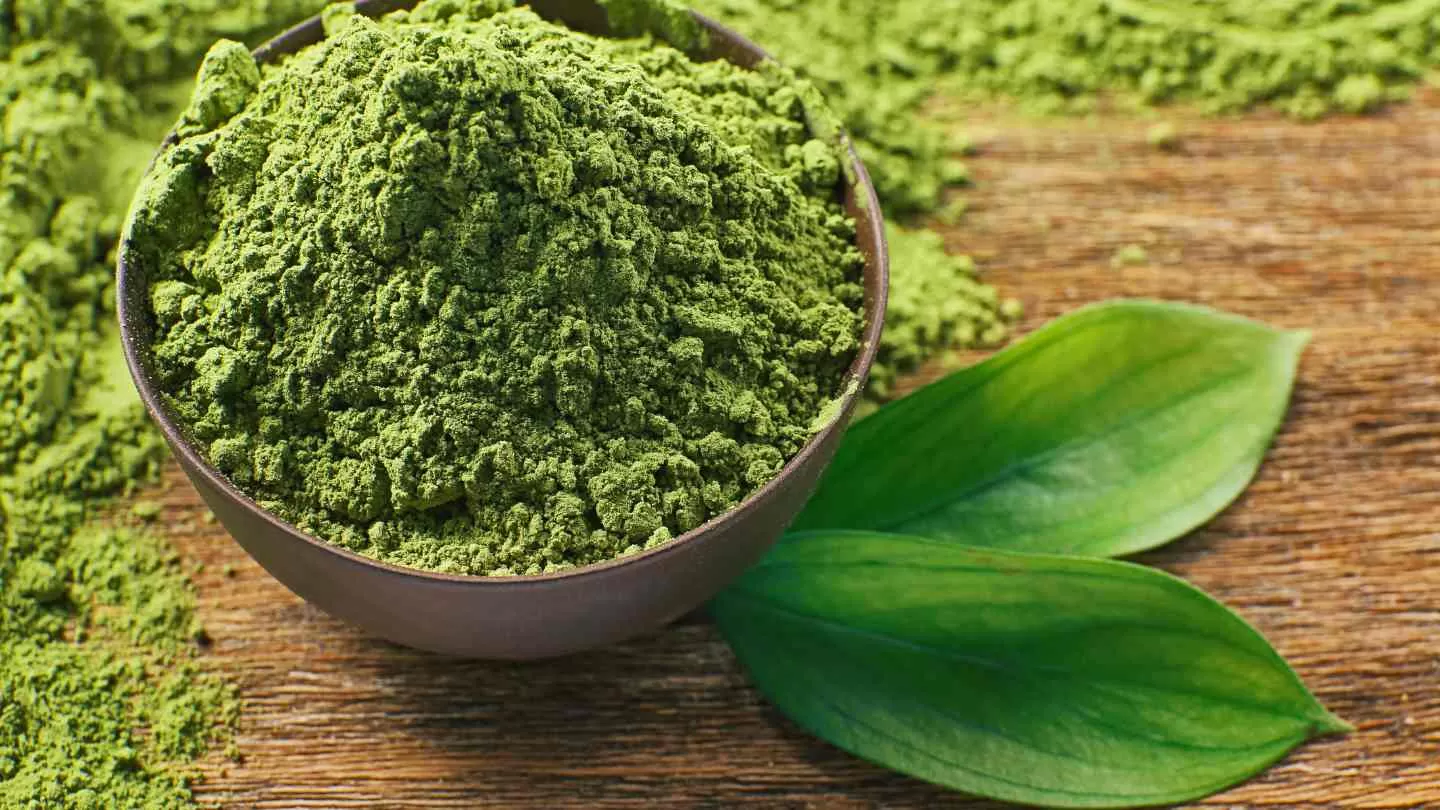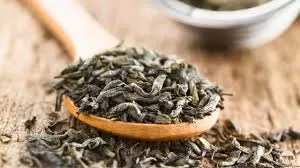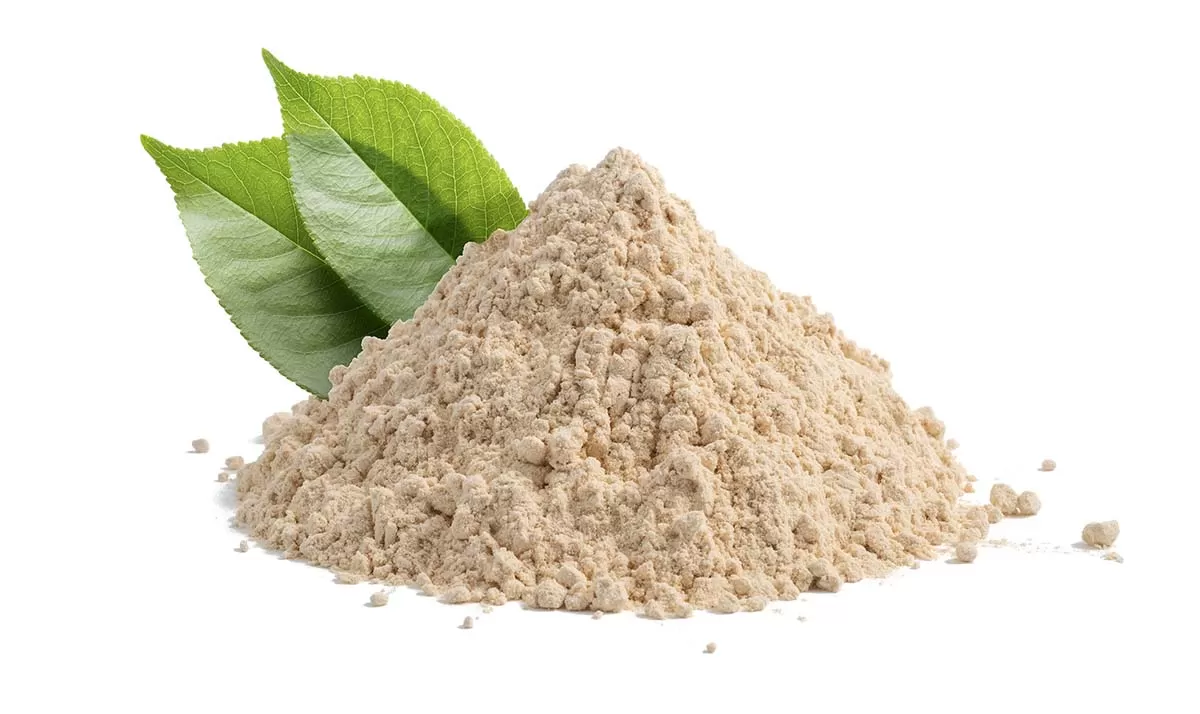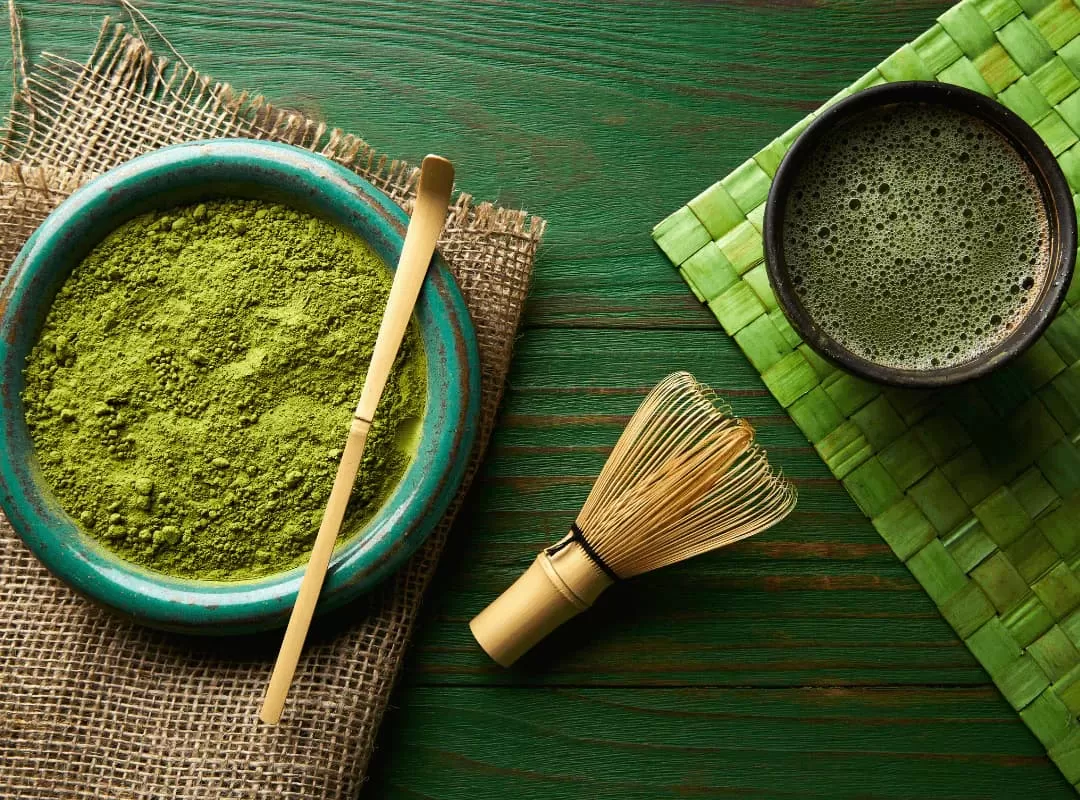- 0086-571-85302990
- sales@greenskybio.com
Healthiest Tea to Drink Daily: A Comprehensive Guid
2025-05-30
Tea is one of the most popular beverages worldwide, celebrated for its refreshing qualities and myriad of health benefits. With a rich history spanning thousands of years, tea provides not just comfort and warmth, but also a host of potential health advantages. Among the wide variety of teas available, each comes with unique benefits, leaving many tea lovers wondering: what is the healthiest tea to drink daily? The answer can depend on individual health goals and preferences, but several teas stand out due to their exceptional nutritional profiles. Let’s delve into the world of teas and discover which might be best suited for daily consumption.
Understanding Different Types of Tea
Before identifying the healthiest tea, it's essential to understand the different types of tea. Tea can be broadly categorized into two groups: true teas and herbal teas.
True teas are derived from the Camellia sinensis plant and include green, black, white, oolong, and pu-erh tea. Each of these teas undergoes different processing methods, affecting their flavor, color, and nutritional content.
Herbal teas, on the other hand, are infusions made from herbs, flowers, seeds, or roots. Popular herbal teas include chamomile, peppermint, hibiscus, and ginger tea. These are naturally caffeine-free and offer an array of benefits depending on their ingredients.
Green Tea: The Nutritional Powerhouse
If there is one tea often hailed as the healthiest, it’s green tea. Green tea contains a high concentration of antioxidants, particularly epigallocatechin gallate (EGCG), which has been extensively studied for its health-promoting properties. These antioxidants play a key role in combating oxidative stress, reducing inflammation, and promoting overall wellness.
Regular consumption of green tea can support cardiovascular health by improving cholesterol levels and promoting better blood flow. Additionally, green tea has shown potential benefits for weight management, as compounds in green tea can enhance metabolism and fat oxidation.
Furthermore, green tea consumption has been linked to lower risks of certain cancers, with research suggesting that the antioxidants in green tea may inhibit the growth of cancer cells. The potential cognitive benefits, including improved mental clarity and focus, can also make green tea an attractive daily beverage.
Black Tea: Rich in Flavor and Benefits
Black tea is another popular choice, known for its bold flavor and health benefits. Like green tea, black tea contains antioxidants, though in slightly lower concentrations. The specific antioxidants in black tea, known as theaflavins and thearubigins, contribute to heart health by improving blood vessel function and reducing cholesterol levels.
Additionally, black tea can support gut health by promoting the growth of beneficial bacteria. Studies have suggested that regular black tea consumption can aid in reducing the risk of chronic diseases, including diabetes and stroke.
While black tea contains more caffeine than other true teas, it remains a moderate source compared to coffee, making it a suitable choice for those seeking a mild boost in energy and alertness
White Tea: Delicate and Nutritious
White tea is often less processed than other true teas, preserving more of the antioxidants present in the leaves. With a subtle, delicate flavor, white tea offers a gentle way to enjoy tea's health benefits. Studies have indicated that white tea may possess anti-aging properties due to its high concentration of polyphenols, which combat free radicals and help maintain healthy skin.
Additionally, white tea may support oral health by reducing the growth of bacteria associated with plaque formation and cavities, thanks to its antibacterial properties. While it has less caffeine than green and black tea, white tea is a great choice for those looking to reduce their caffeine intake while still enjoying a flavorful brew.
Herbal Teas: Diverse Benefits for Wellness
Herbal teas offer a diverse array of flavors and health benefits, catering to a variety of needs and preferences. Chamomile tea, known for its calming properties, is often consumed to promote relaxation and improve sleep quality. Peppermint tea can aid digestion and relieve symptoms of indigestion, while ginger tea is recognized for its anti-inflammatory effects, which can soothe digestive discomfort and support immune health.
For those looking to lower blood pressure, hibiscus tea may be valuable, as studies have shown that regular consumption can help reduce hypertension. With caffeine-free options, herbal teas are a versatile choice for those seeking flavor and wellness without caffeine.
Choosing the Healthiest Tea
When it comes to selecting the healthiest tea for daily consumption, personal preference and health goals play a crucial role. Green tea often emerges as a front-runner due to its well-rounded health benefits, but black tea and white tea also offer significant advantages. Herbal teas provide specific benefits and a caffeine-free alternative, making them suitable for different wellness objectives.
For those targeting specific health areas, combining different teas throughout the day can provide a balanced approach to wellness. For example, starting the day with green tea for a boost of antioxidants, enjoying black tea in the afternoon for heart benefits, and sipping chamomile tea in the evening for relaxation can integrate a variety of health advantages.
Nonetheless, it’s important to consume tea in moderation and consult with professionals, especially if there are existing health conditions or potential interactions with medications.
Conclusion
Tea is a versatile and nutritious beverage that can support overall health when included in a daily routine. Green tea, often celebrated for its robust antioxidant profile, is considered one of the healthiest choices, but alternative options like black, white, and herbal teas have their own unique benefits. By understanding the diverse properties of different teas, individuals can select the best tea to align with their health goals and personal tastes, making tea a delightful addition to a balanced lifestyle.
-
Green Tea: What It Does for Your Body
2025-05-30
-
Why Do I Feel Sick After Drinking Green Tea?
2025-05-30
-
Is Green Tea Good for Your Kidneys?
2025-05-30














